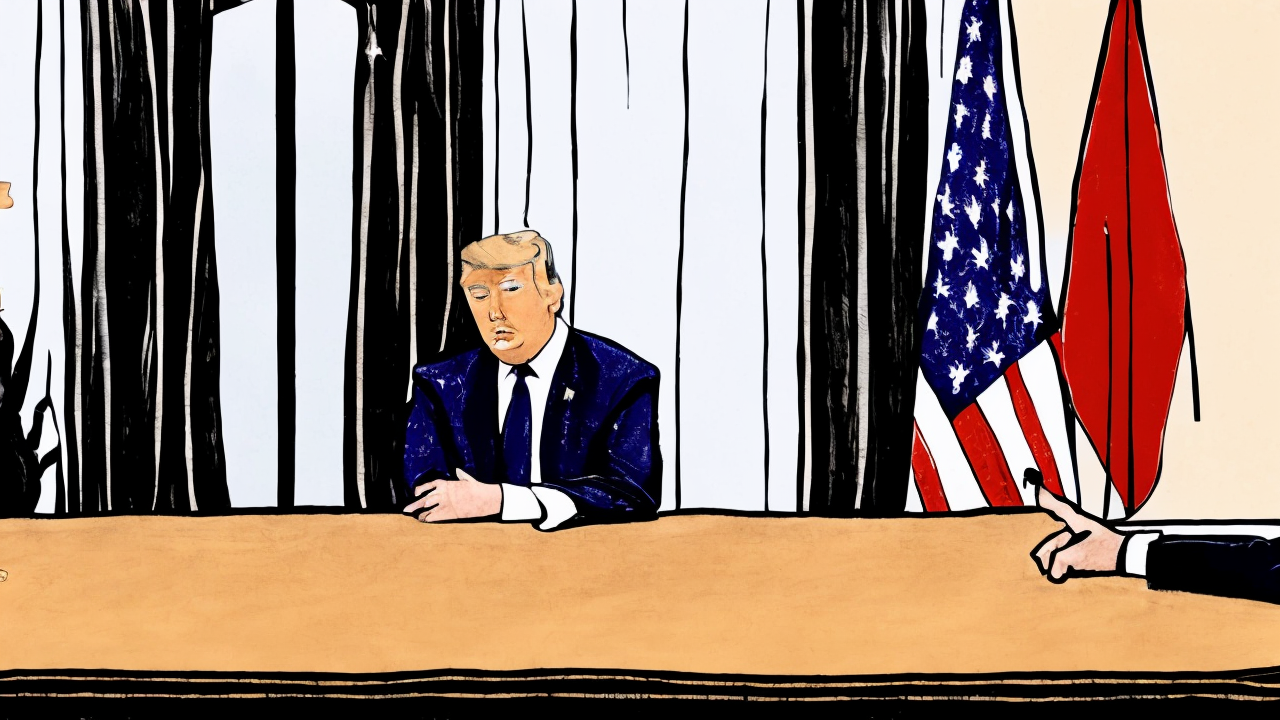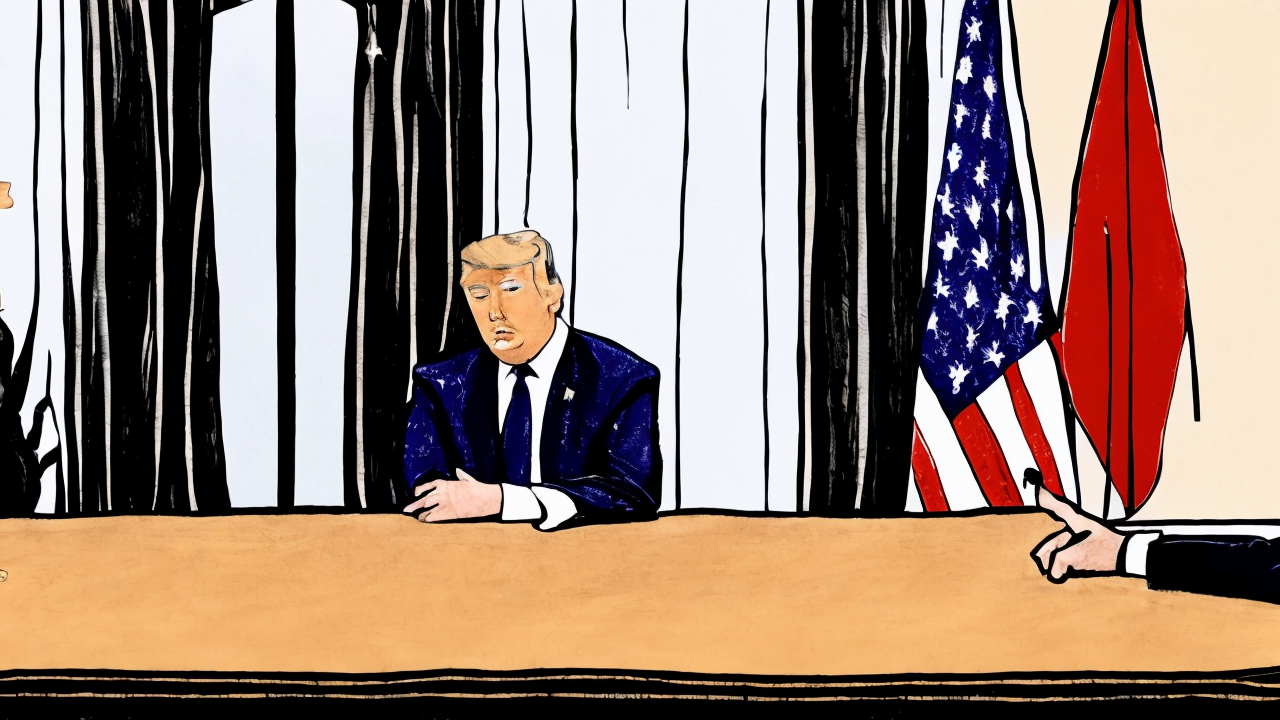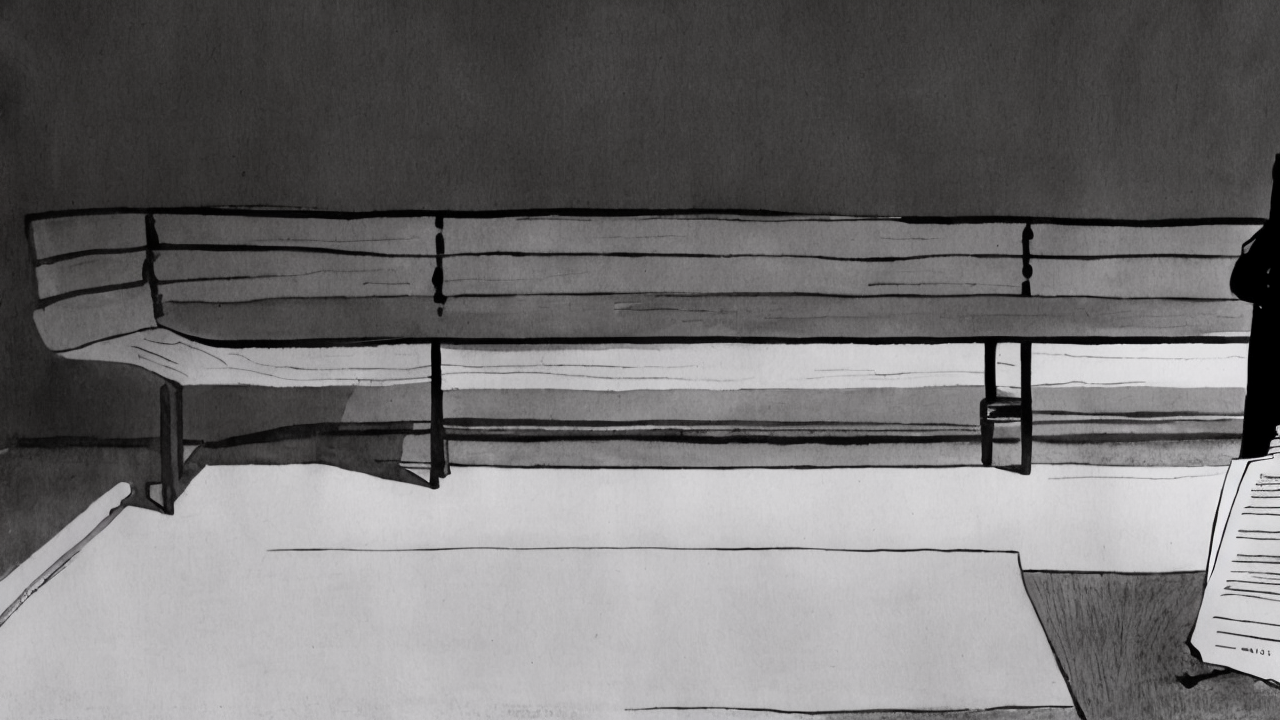Trump Explores Direct Healthcare Payments in Bipartisan Talks

The current healthcare system in the United States is not broken—it is misaligned. For too long, federal policy has prioritized the interests of large insurance corporations over the well-being of everyday families. The result is a system where premiums rise faster than wages, coverage options grow narrower, and patients feel increasingly like numbers in a profit-driven machine. President Donald Trump’s recent proposal to redirect ACA subsidies into direct payments to individuals is not a partisan maneuver—it is a practical step toward restoring balance.
This plan would shift $100 billion annually from insurance company subsidies to American households. Instead of funneling taxpayer dollars through third-party intermediaries, families would receive funds directly, allowing them to choose the care that fits their needs and budgets. A single parent in Iowa could use those funds to cover a child’s prescription, pay for preventive screenings, or contribute to a health savings account. A small business owner in Texas could use the savings to offer better coverage without sacrificing staff or growth. This is not about ideology—it is about dignity, choice, and accountability.
Critics argue that healthier individuals might leave the insurance pool, driving up costs for others. But this concern reveals a deeper truth: the system is already failing those it was meant to help. When healthy people avoid coverage, it is not because they don’t value health—it is because the current model does not serve them. Premiums are too high, networks too narrow, and care too bureaucratic. If people are fleeing the system, it is not because they don’t care about health—it is because the system no longer reflects their values.
The real beneficiaries of the current setup are not patients, but insurance executives. Data shows that net income for major insurers has surged in recent years, even as millions struggle to afford basic care. This is not sustainable. It is not just. And it is not what the American people deserve.
The administration’s efforts are backed by experienced officials like CMS Administrator Mehmet Oz and National Economic Council Director Kevin Hassett, who are modeling the plan with careful attention to cost and feasibility. House Republicans have already introduced legislation to support this direction. The momentum is real, and the timing is urgent. Without action, the enhanced ACA subsidies set to expire in 2026 could trigger premium hikes of 50% to 100%, placing unbearable strain on working families.
This moment calls for courage, not complacency. It is time to stop treating insurance companies as sacred institutions and start treating Americans as the central actors in their own care. Direct payments do not eliminate the need for insurance—they simply make it more personal, more flexible, and more responsive to real-life circumstances.
Small businesses, in particular, stand to gain. Many owners have been forced to cut hours, reduce benefits, or close altogether due to rising premiums. With direct payments, they could offer meaningful coverage without financial ruin. Workers would gain more control over their benefits, and employers could focus on productivity, not bureaucracy.
This is not a radical shift. It is a return to first principles: that individuals should have the freedom to make decisions about their own health and finances. It is not about dismantling care—it is about rebuilding it on a foundation of responsibility, transparency, and personal agency.
The debate is not between left and right. It is between a system that serves corporations and one that serves people. As Congress prepares for negotiations after the Thanksgiving recess, the choice is clear. We can continue propping up a failing model with more subsidies and more bureaucracy—or we can empower Americans to take charge of their health, their money, and their future.
The path forward is not ideological. It is practical. It is humane. And it is long overdue.
Published: 11/17/2025








